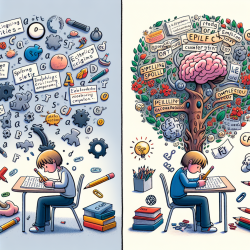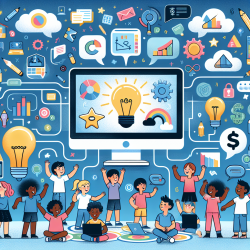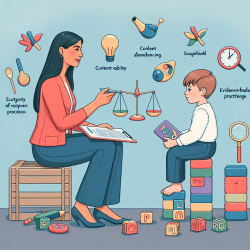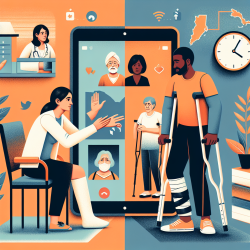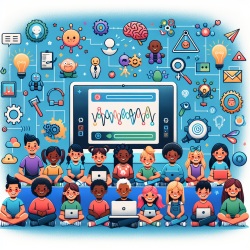As educators, we are constantly using language and communication to teach and inform our students. The specific words we choose to use carry meaning and connotations based on their etymology, the history of those words, and our current cultural and political contexts. Our students will also learn the words we use and repeat them at school, at home, and in the community. Thus, it is critical to examine the words we use and the impact they can have on others, specifically kids with disabilities.
Language is a powerful tool in the classroom. It can inspire, motivate, and empower students, but it can also unintentionally harm or marginalize them. Understanding the significance of the words we use is crucial in fostering an inclusive and supportive learning environment for all students.
Here are some key insights on how language impacts students, especially those with disabilities:
- Inclusivity Matters: Using inclusive language ensures that all students feel valued and respected. For instance, referring to a student as "a person with a disability" rather than "a disabled person" puts the person first and avoids defining them by their disability.
- Positive Reinforcement: Words of encouragement and positive reinforcement can significantly boost a student's confidence and self-esteem. Simple phrases like "You did a great job" or "I believe in you" can make a big difference.
- Avoiding Labels: Labels can be limiting and stigmatizing. Avoid using terms that categorize students in a way that may hinder their growth or create unnecessary barriers. Instead, focus on their abilities and potential.
- Mindful Communication: Be aware of the historical and cultural context of the words you use. Some terms that were once commonly used may now be considered offensive or outdated. Staying informed and adapting your language accordingly is essential.
- Encouraging Empathy: Teaching students to use empathetic language helps them develop a sense of understanding and compassion for others. This can lead to a more inclusive and supportive school community.
By being mindful of our language, we can create a more positive and inclusive environment for all students. This not only benefits those with disabilities but also enriches the educational experience for everyone.
At TinyEYE, we are committed to providing online therapy services that support the diverse needs of students. Our therapists are trained to use inclusive and empowering language to help students reach their full potential. We believe that every student deserves to feel valued and respected, and we strive to make that a reality through our services.
For more information, please follow this link.


